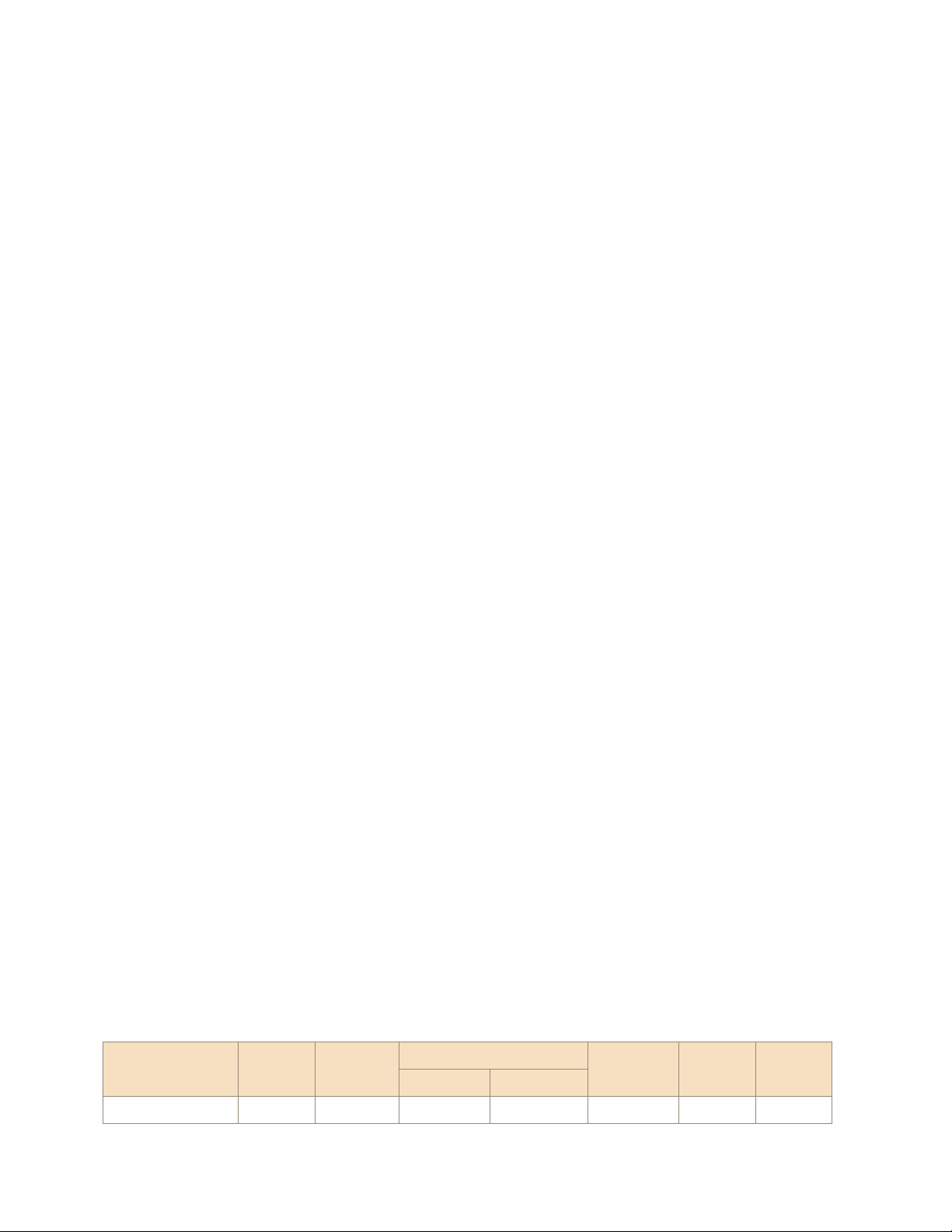


Study with the several resources on Docsity

Earn points by helping other students or get them with a premium plan


Prepare for your exams
Study with the several resources on Docsity

Earn points to download
Earn points by helping other students or get them with a premium plan
Community
Ask the community for help and clear up your study doubts
Discover the best universities in your country according to Docsity users
Free resources
Download our free guides on studying techniques, anxiety management strategies, and thesis advice from Docsity tutors
Columnar Layout Exercise: Recreating a Newspaper Design using InDesign - Prof. Peter L. Ho, Assignments of Communication
An assignment for students to recreate a newspaper layout using indesign, focusing on replicating the column widths, rules, typographic elements, and images. Students are encouraged to use few text and graphic frames, match typefaces and styles, and save the file with a specific naming convention.
Typology: Assignments
1 / 1

This page cannot be seen from the preview
Don't miss anything!

Related documents
Partial preview of the text
Download Columnar Layout Exercise: Recreating a Newspaper Design using InDesign - Prof. Peter L. Ho and more Assignments Communication in PDF only on Docsity!
VC 114 :: Week 09 1 of 1 24 November 2008
— Practice with Columnar Layout Exercise —
exercise::
Practice with Columnar Layout
Assignment ::
Using the provided newspaper page excerpted from the Burlington Free Press (yes, from
Vermont), recreate the layout exactly as it appears using InDesign (with a few important
exceptions, however). Before diving into this homework exercise, please review the following
process notes thoroughly. When done, turn in both the InDesign file (no need to turn in the
images) and a full-size, black-and-white print (on 11" x 17" paper) of the layout. This
exercise is due at the beginning of Lab period on Monday, December 1st (Week 10).
Process ::
- Use the specifications at the bottom of this page to setup your document. When you begin laying out the design, you may want to use a ruler to measure the size and position of certain elements in the provided sample (notably the vertical size and position of objects). Get your measurements close, but don’t worry too much about being exact. It’s more important to recreate the “spirit” of the layout than make an exact replica of it.
- Recreate the layout using as few text and graphic frames as possible.
- Be sure to include all horizontal and vertical rules (lines), both in and outside of text frames.
- You will see that the Consumer inflation edges up article uses a slightly smaller column width in the sample. Ignore this—instead, use the same column width for all of the articles. For the vertical rule between the articles, place it in the middle of the gutter space between them.
- Certain typographic elements must be reproduced as shown in the example. They are: o All story headlines (e.g.: Vt. Lawmakers look to extend life span of gift cards ). This includes the lead-in copy under Consumer inflation edges up. o The byline of each story (e.g.: By Terri Hallenbeck, Free Press Staff Writer ) o The location line from each story ( e.g.: SAN JOSE, Calif. — ), followed by an em dash. (Option-Shift- dash , or use the Glyphs palette) o The headline and source information ( Source: Assistance Attorney General Julie Brill )—including the paragraph rule—of the Buyer, beware callout. o The photo credit line and photo caption underneath the photo of the boy with iPod.
- For the rest of the layout, simply use placeholder text (Type > Fill with Placeholder Text…). However, do what you can to match the appearance of the type (paragraph spacing, indents, leading and type sizes, etc). Do not use the default character settings.
- Place the following two images into the layout: o Place the provided photo of the boy with an iPod (boy_with_ipod.tif) into the layout. Be sure to apply a 1pt black stroke to the graphic frame containing the image. o Place the provided Consumer prices chart (consumer_prices.tif) into the appropriate position in the layout. This image contains everything from the top rule line to the Associated Pres s credit line.
- Try to match as closely as possible the typefaces, styles, sizes, indentations and paragraph spacing used in the layout. One way to accomplish this is to copy and paste text you’ve already formatted, and modify it appropriately to replicate a specific look.
- Save your layout using the filename lastname_firstname_11.indd.
Columns Width / Height (^) Pages# of Pages?Facing Number Gutter
Margins Bleed Slug
10.125" x 15.5" 1 No 5 0.125" .25" (all) 0 (all) 0 (all)

